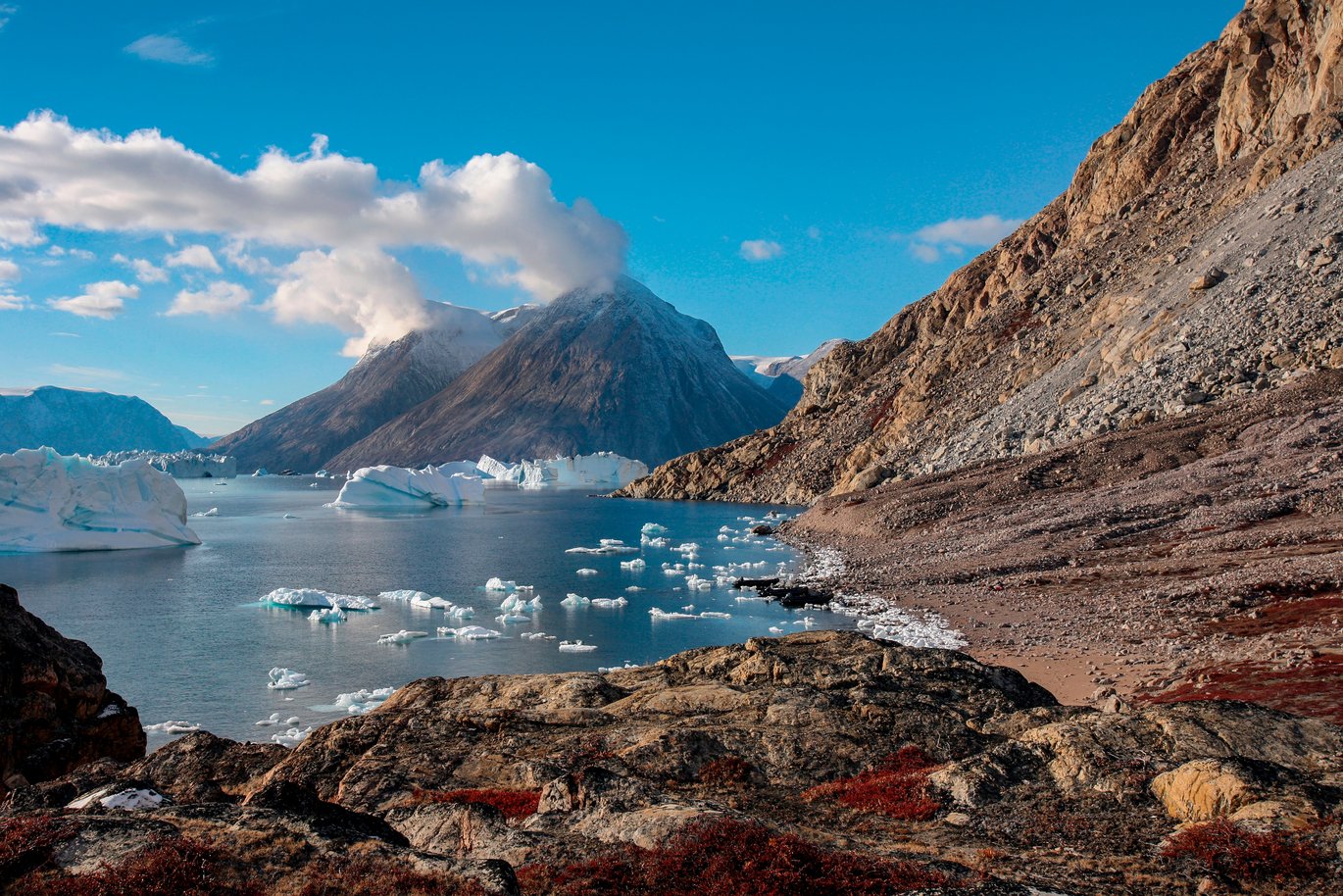Pomp project and kick-off meeting (5th February 2024)
The polar oceans, critical regulators of the global climate system, are among the ecosystems most impacted by climate change.

This has major implications to the unique polar biodiversity and affects their potential for climate change mitigation through a significant uptake of atmospheric CO2.
The Polar Ocean Mitigation Potential (POMP) project aims to increase scientific knowledge on how climate change will impact polar biodiversity and the capacity of these habitats to uptake CO2, thereby highlighting their significance in climate change mitigation. Over the next four years, the 16 partners in POMP will address knowledge gaps in Polar Blue Carbon habitats and produce outputs with direct implications for the future management of the Polar Oceans. Ultimately, results will be synthesized into input for policy makers and managers to facilitate the adaptation and resilience of natural marine ecosystems with increasing climate change.
The kickoff meeting took place in the Danish Technical University (Copenhagen, Denmark) from February 27th to February 29th, 2024, and brought together the project partners to discuss the next steps and organize workflows for successful project implementation. Work package leaders had the opportunity to organise and structure their plan and present the tasks and goals to all the collaborators on this project.
The meeting was held together with the sister project SEAquester, both funded by a Horizon Europe grant from the European Commission (call HORIZON-CL6-2023-CLIMATE-01-3: Ocean and coastal waters carbon- and biodiversity-rich ecosystems and habitats in Europe and the Polar Regions).

